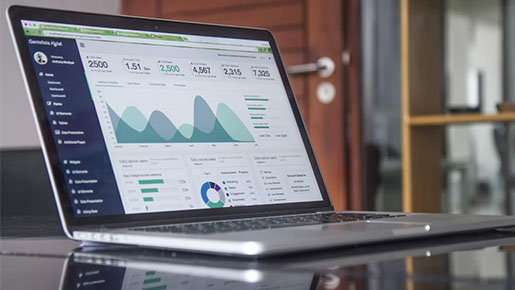Most businesses rely on data today. Data is used to understand industry trends, customer spending habits, and how people are spending their money. If you are a business owner, then you need to become an expert in how your business’s data is handled and managed. If you don’t properly manage your data, then you won’t be able to use it to your advantage.
One concept that you need to familiarise yourself with is ‘data staging.’ This post will tell you seven key things that you need to know about it so that you can handle your data as expertly as possible.

What Is Data Staging?
The term ‘data staging’ refers to a data staging area, which is an area that’s used to temporarily store data from the source it is moved to a data warehouse. Once data has been sent to a data warehouse, it may stay there permanently. The type of data sources stored in data staging areas depends on the company that is transferring the data. If it is a retail company, then it might be sales data. If it is a marketing company, then it could be customer data.
Proper Data Warehousing
You can’t have data staging without data warehousing. If you want to ensure that your data is properly stored (and safely secured), then it’s worth reaching out to data staging services and asking them to handle your company’s data for you. A lot of people try to independently manage their data, but this seldom works out well, especially for people who haven’t got any professional experience in the management, handling, and storage of data. A professional data warehousing company will be able to ensure that your data is safely processed and stored somewhere where it can’t be compromised.
Single Subject
The data that’s staged and then stored in a data warehouse tends to be orientated towards a single subject. It’s uncommon for, say, marketing data to be stored alongside sales data, because this complicates data indexes and makes it hard for people to find what they are looking for. If you need to store multiple types of data, then it is a very good idea to have multiple data warehouses. If you are going to be working with a professional data storage company, then it is a good idea to voice your concerns to them and ask them to create more than one warehouse for you.
Consistent Data
Data warehouses unify your data, helping to create consistency. Consistency is very important when it comes to your business’s data. A lack of consistency can make it extremely difficult for people to find what they are looking for when it comes to going through and researching their data. Data warehousing makes it a lot easier to achieve consistency among data. It is a lot easier to ensure consistency is achieved when you work with a professional data storage company since they have a lot of experience in achieving it (and it is their job).
Immutable Data
Once your data has been staged and then sent to a warehouse, it is permanent and immutable—it can’t be changed. A big problem for businesses that try to store their own data is file corruption. File corruption occurs when changes are made by a data handler or even by a virus. Once your business’s data has been stored in a data warehouse, data corruption and change aren’t something that you ever have to worry about again. Your business’s data will be safe forever, as long as the warehouse is maintained and looked after by the company managing it.
Warehouse Responsivity
One of the greatest advantages of housing your data in a data warehouse is the responsivity of data warehouses to queries and search requests. Finding your data is extremely easy. Additionally, it’s very easy to organize and arrange things in a data warehouse, which means that once you are in, you can find the data that you are searching for very quickly. Data warehouses also make it a lot easier for people to generate data reports, graphs, and dashboards, which is great for businesses that need to showcase their data to people, such as investors.
Data Management
As a business owner, you need to make sure that your business’s data is carefully managed. Poor data management could result in data leaks, which could damage your business’s reputation in the eyes of your customers. Customers don’t want to work with businesses that don’t protect their data.
Data warehousing is essential for businesses that process and collect data. Data staging is one of the first stages in the data warehousing process. It’s something that is usually done by professional companies but can be done independently, provided that you have the knowledge and experience necessary.


